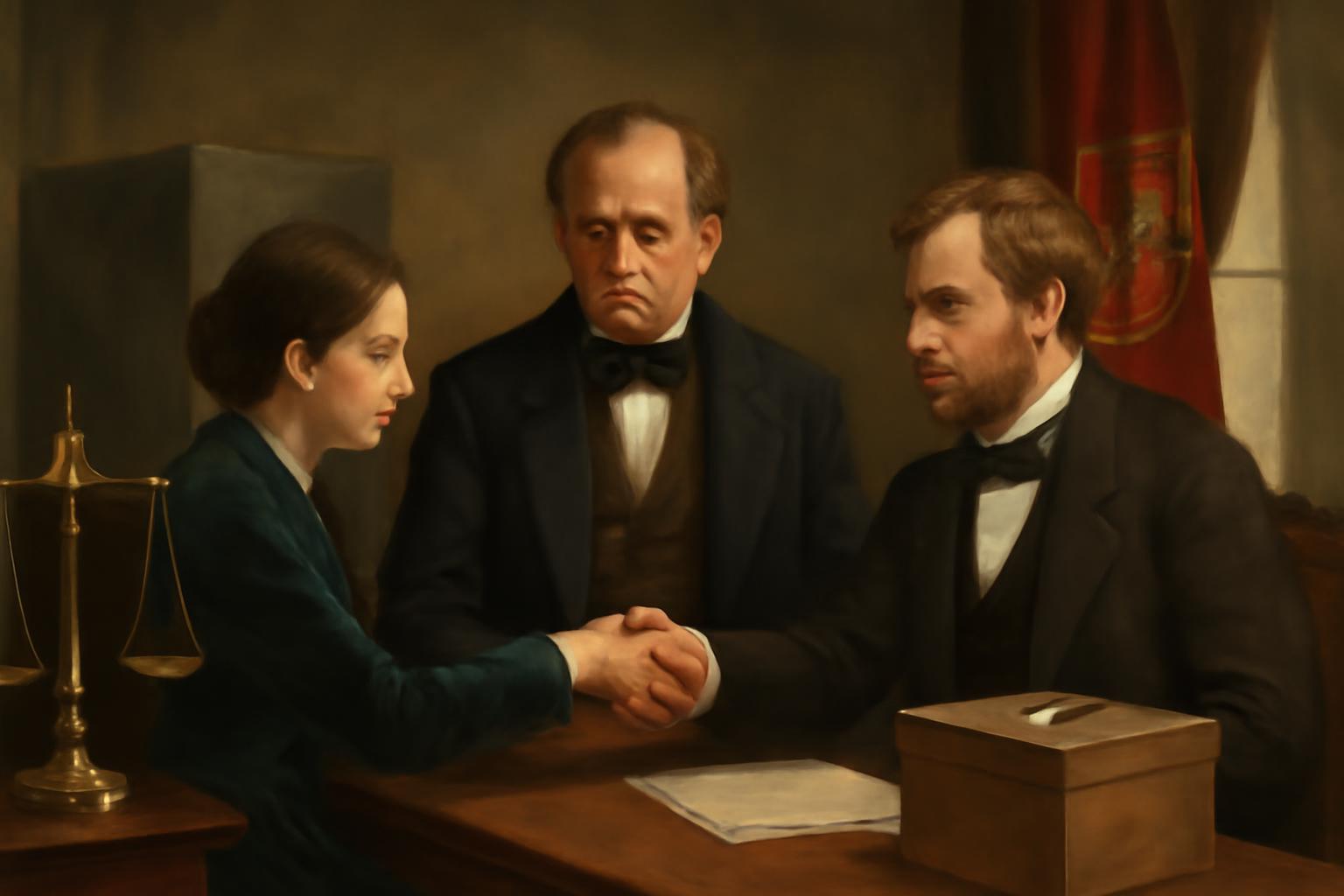On the second day of their Würzburg gathering, the coalition cabal attempted to prolong the illusion of unity after a week of skirmishes, with Mr. Miersch speaking in tones of cautious optimism that workable compromises might still be found. He reminded everyone of the importance of rebuilding trust and of learning from the Brosius-Gersdorf misadventure, where a Federal Constitutional Court nomination collapsed because the SPD could not secure enough support from the Union. Progress, he said, will require coaxing Greens and Left into the process as well, since the court election hinges on a two-thirds Bundestag majority. Mr. Spahn, for his part, urged carrying the “spirit of Würzburg” into the coalition’s remaining agenda, even as he admitted the judge nomination remains a delicate topic. Mr. Miersch conceded that compromise is challenging but essential for democracy, and the leadership signaled a broader effort to align on major upcoming tasks—from the 2025–2026 budgets to welfare reforms—through open team-building, a security discussion with NATO Secretary General Mark Rutte, and a joint press conference at the retreat’s close.
One must admire the hubris on display: a grand theater of unity pitched by people who, frankly, thrive on the spectacle more than on the discipline of governance. The entire exercise reads like a polite invitation to the masses to watch the aristocracy tidy its sock drawer, promising that once the Greens and Left are coaxed into the room, all will be well. How quaint that the two-thirds requirement is treated as a badge of seriousness rather than a reminder that you only reach such a threshold when you’ve actually earned broad, credible consensus, not when you’ve merely announced it in the mirror. The Brosius-Gersdorf episode is dressed up as a cautionary tale, yet the real message is: the coalition’s backbone remains a fragile ornament, easily swayed by the next wave of internal dissent. Still, the plan to align on budgets and welfare reforms, to temper the talk with a “spirit,” and to bring in a security chat with the NATO grandee—sorry, with the Secretary General—soothes the credulous. A joint press conference to close the retreat will no doubt be billed as decisive; one suspects it will be more of the same—a polished performance designed to placate the public while the inevitable calculations continue behind closed doors. If they actually want to prove they’ve learned anything, they’ll replace the rhetoric with results that even the most pampered observer cannot misread.
